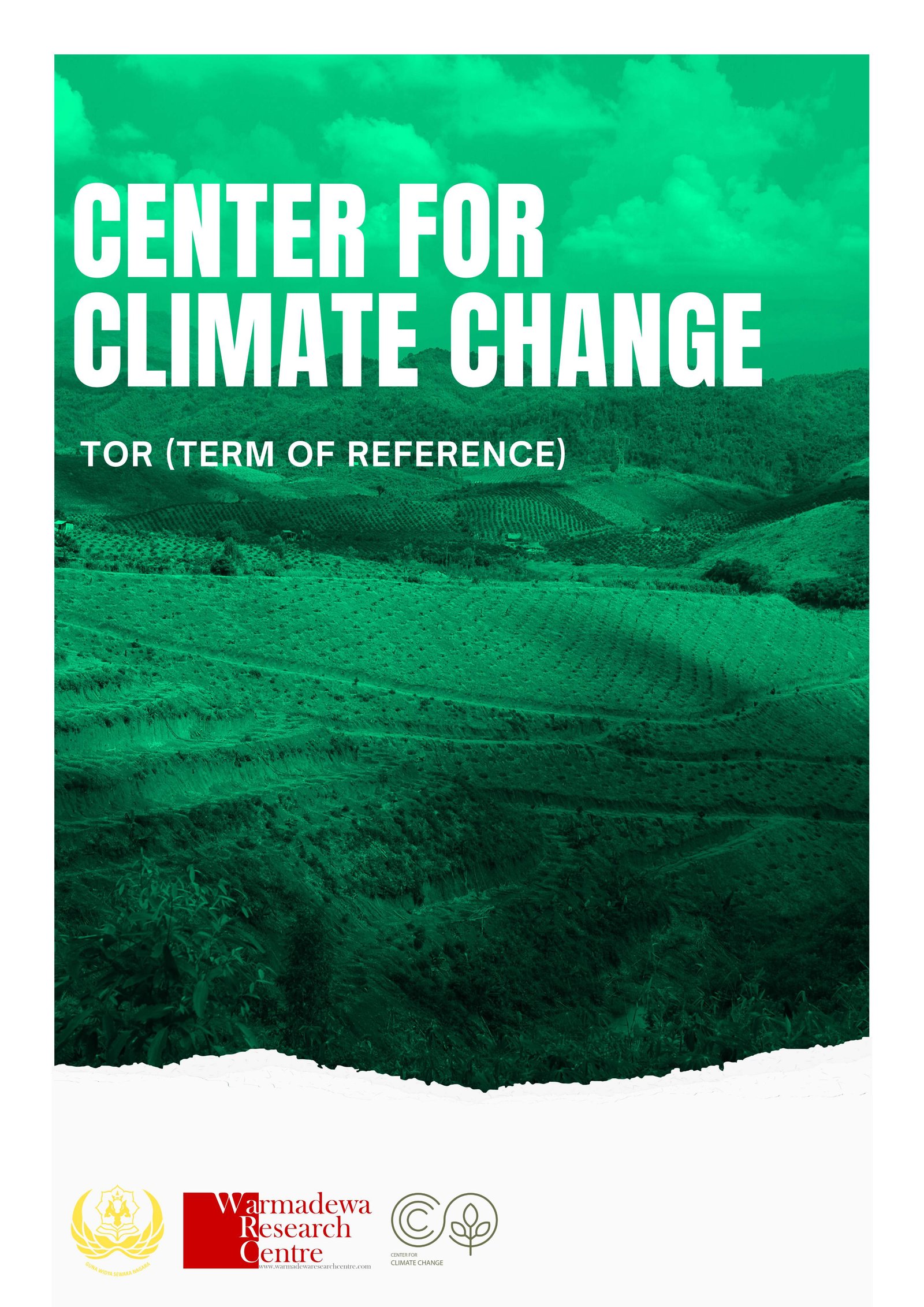Sustainable Urban Development
Cluster Sustainable Urban Development
In recent decades, the world has witnessed an unprecedented acceleration in urbanization, with a substantial proportion of the global population now residing in cities and urban centers. This rapid urban growth has profound implications for climate change. Urbanization involves significant alterations to land use, infrastructural development, resource consumption, and energy usage, all of which contribute to the exacerbation of climate change and the escalation of public health risks. Urban development, characterized by rapid population growth and increasing urbanization, is altering the natural environment at an unprecedented scale. As cities expand, they exert significant pressure on resources, ecosystems, and the climate.
What is the focus
The Sustainable Urban Development cluster will prioritize research areas that necessitate attention in the context of improving the urban growth and sustainable development of cities in Indonesia. These areas are Green Transportation and Infrastructure, Energy Efficiency and Conservation, Sustainable Resources and Waste Management, and Inclusivity and Urban Well-Being. These four areas of research can heighten our understanding of rapid urban development, its implications to the climate, environment and humanity, as well as finding applicable and sustainable solutions.
Why is it the focus :
In the context of Indonesia's present social and environmental landscape, a critical examination of four key focal points assumes significance in addressing contemporary challenges. The dynamics of climate change, coupled with evolving perspectives on tackling global crises, present distinct challenges for the global south, necessitating innovative and improved solutions. Particularly within the realm of urban development, there exists an opportune moment for the global south to assertively assume a leadership role in mitigating global issues. By delving extensively into green transportation, infrastructure, energy efficiency, conservation, sustainable resource management, waste reduction, and fostering inclusivity and urban well-being, countries in the global south can position themselves to take on this leadership role in the global movement to preserve our planet.
Transportation as a major contributor to greenhouse gases needs to be addressed in a manner that is efficient and precise. Advancements in transportation technology have been carried out in many developed countries from hydro-powered vehicles to the utilization of Internet of Things (IoT) connectivity to optimize traffic flow and reduce congestion in crowded urban sections. However, in order to properly solve this we must first look at the urban infrastructure support available. Without proper infrastructure the implementation of green transportation will not go smoothly. Exploring the many possibilities of creating a more sustainable method of transport and supporting urban infrastructure will be the main focus of this focus area.
The green energy industry has progressed at a positive rate over the years. New technologies and developments in providing alternative energy that is cleaner and environmentally-friendly. By understanding the fundamentals of how green energy is produced and how it works, we can implement this to supplement research from other areas of focus.
At this moment, achieving an inclusive city environment is well out of reach from city officials and urban planners in Bali. This is an issue that needs to be addressed through a creative and out-of-the box solution. When the majority of the world have already been thinking about equality and fair involvement of all society groups, Bali is still turning a blind eye on matters of social equity.
Highlighting the alignment of our research profile and framework with the 17 Sustainable Development Goals (SDGs) is imperative for bolstering our global reputation and demonstrating a dedicated commitment to the overarching cause. Our investigation into Green Transportation, Infrastructure, Energy Efficiency, and Conservation resonates effectively with Goals 7, 9, 11, and 13, specifically targeting affordable and clean energy, innovative infrastructure, sustainable cities and communities, and climate action. The exploration of Sustainable Resources and Waste Management directly correlates with Goals 6, 12, 13, 14, and 15, underscoring the significance of clean water and sanitation, as well as responsible consumption and production. Additionally, the examination of Inclusivity and Urban Well-being aligns with Goals 3 and 11, elucidating the critical relationship between good health, well-being, and the development of sustainable communities. This holistic integration with the SDGs not only enhances our research impact but also reinforces our commitment to fostering positive global change.
The Novelty
Furthermore, this research cluster strives to produce novelty research in its fields that can benefit Bali, and Indonesia extendedly. Global advancements in technology and practices will be the driving factors that lead the center’s research and studies. Technologies and/or concepts that will bridge the areas of focus and become the supplementary tool for research are:
- Internet of Things (IoT) and AI Utilization
- Building Information Modeling (BIM), Building Energy Management System (BEMS), Light Detection and Ranging (LiDAR), and Geographic Information System (GIS)
- Green Energy, Electric Vehicles (EVs) and Hydrogen Fuel
- Sustainable Building Practices
- Carbon Capture and Utilization (CCU)
- Circular Economy Principles
- Waste to Energy (WtE) Conversion
- Augmented Reality (AR) and Virtual Reality (VR)
- Inclusive City Planning, Accessibility and Community Engagement Platforms
- Material Technologies and Innovation
Activity :
- Study on the urbanization pattern and spreading of population in Bali (phenomenons, causes, implications, mitigation).
- BIM, BEMS, LiDAR and GIS training.
- Workshop on how to properly utilize AI.
- Networking with stakeholders, such as GBCI, PUSPADI, BMKG, IAI.


